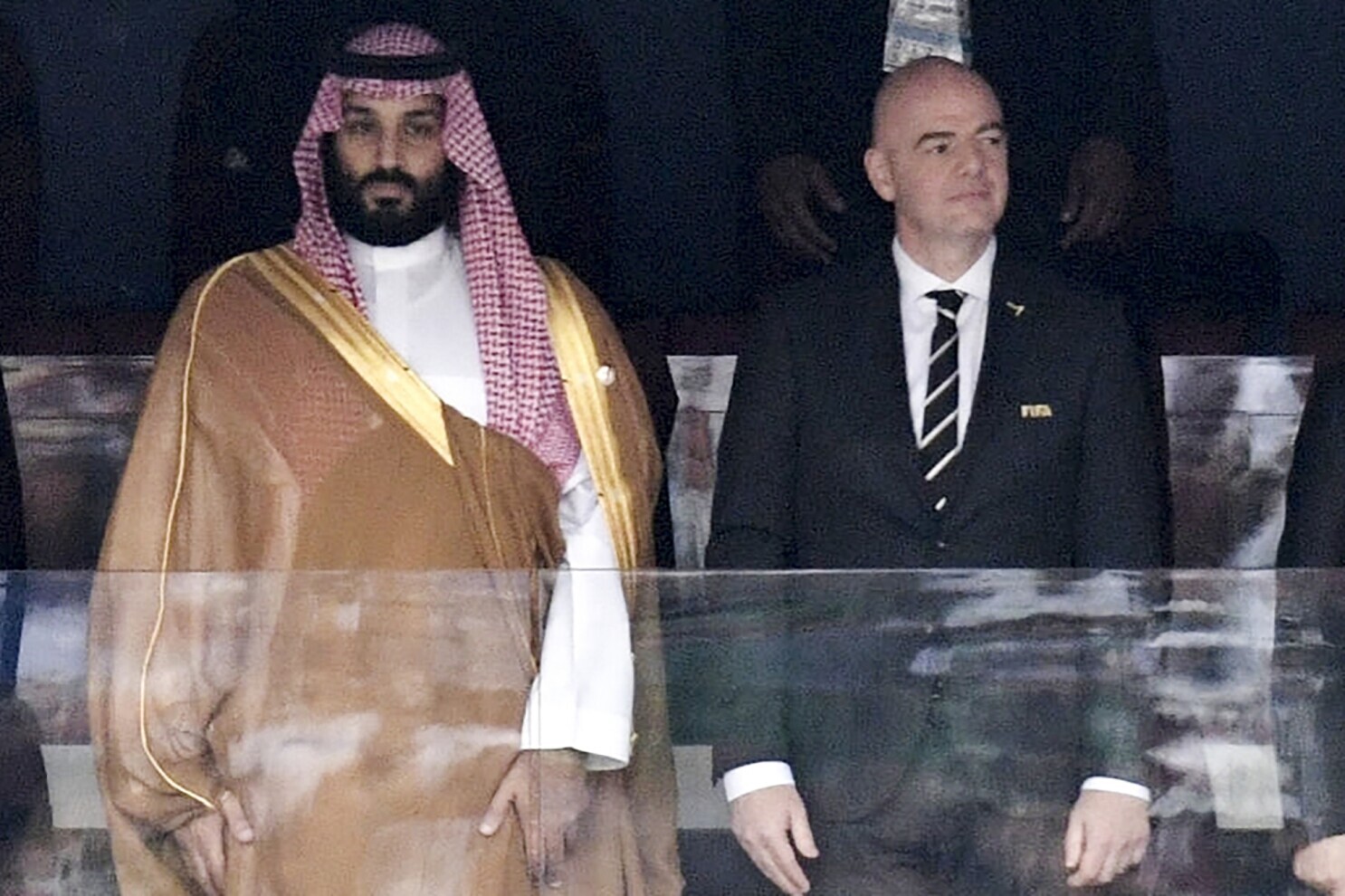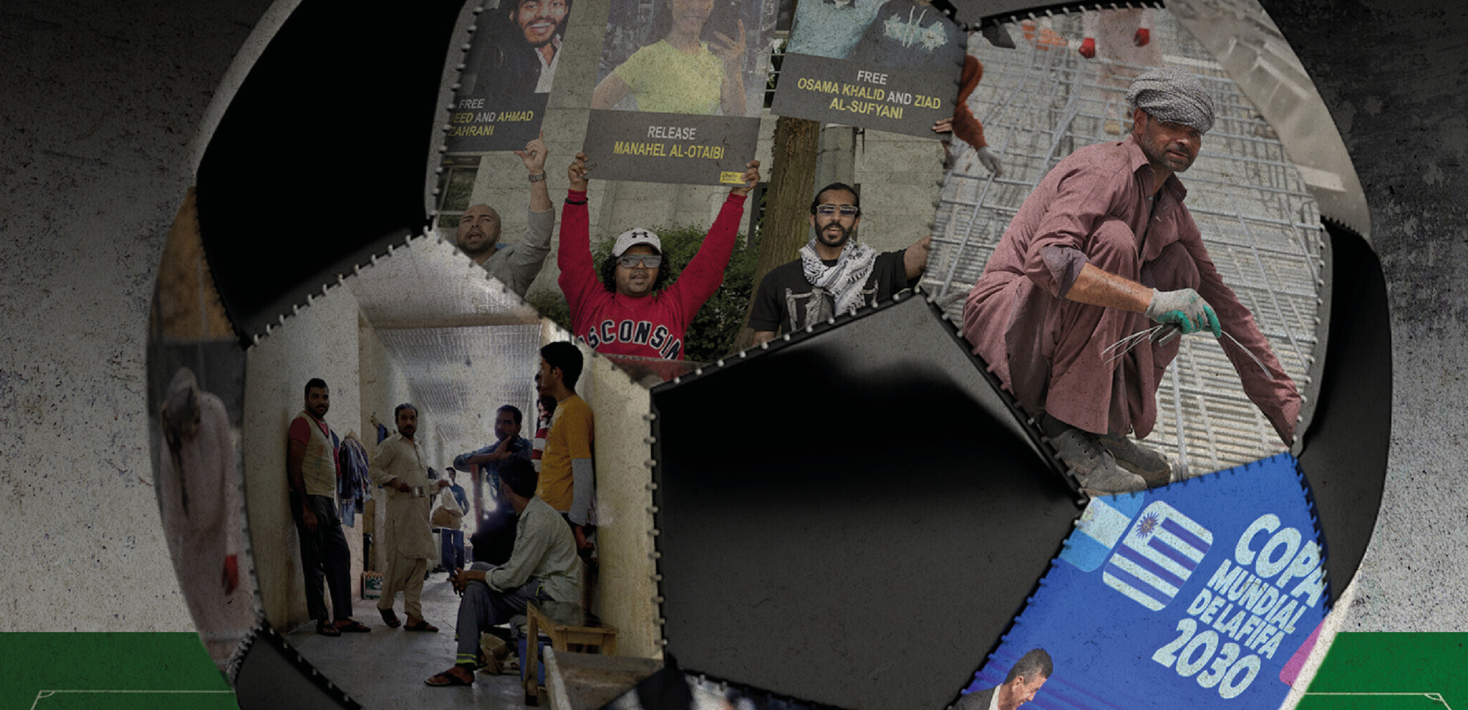Amnesty International and the Sport & Rights Alliance (SRA) have urged FIFA to halt the selection process for Saudi Arabia as the 2034 World Cup host unless substantial human rights reforms are pledged. The sole bids for the 2030 and 2034 tournaments, from Morocco-Spain-Portugal and Saudi Arabia respectively, will be finalized at FIFA’s extraordinary Congress next month.
Amnesty and the SRA’s evaluation of the bids found both lacking in meeting FIFA’s human rights standards, with Saudi Arabia posing significantly higher risks. They warned that proceeding without guarantees of reform could lead to severe human rights violations, including discrimination and exploitation of workers.
A critical issue is Saudi Arabia’s treatment of LGBTQ individuals and the rights of migrant workers, groups historically marginalized in the Kingdom. Amnesty highlighted that without safeguards, fans could face discrimination and workers could suffer exploitation or even death during the massive infrastructure projects planned for the event.
These concerns echo the challenges seen in Qatar’s 2022 World Cup preparations, where thousands of migrant workers reportedly died. Saudi Arabia has pledged to address discrimination and worker safety, but Amnesty remains skeptical of these assurances, citing systemic failures.

Saudi officials have stated their commitment to creating a discrimination-free environment and ensuring compliance with international human rights standards. The Kingdom has promised substantial investment in infrastructure, including new stadiums and hotels, to host the event. However, critics argue that Saudi Arabia’s history of human rights abuses, lack of minimum wage protections for non-citizens, and ongoing repression of free speech undermine its claims of reform. Amnesty criticized the lack of substantive measures to address these issues in the country’s World Cup bid strategy.
The controversy also highlights Saudi Arabia’s broader attempts to enhance its international image as a progressive and welcoming nation. Despite investing heavily in tourism, entertainment, and sports, the country continues to face global criticism for its restrictive laws and harsh penalties for dissent. Amnesty’s report pointed to the continued imprisonment of individuals for expressing their opinions as evidence of the government’s failure to uphold fundamental freedoms. FIFA’s decision to move forward without stringent requirements could, according to critics, exacerbate these issues.
FIFA, meanwhile, defended its bidding process as thorough and consistent with previous World Cup selections. However, with Saudi Arabia the only contender for 2034, its bid is nearly assured unless FIFA heeds Amnesty’s calls for reform guarantees. The organization is under pressure to prioritize human rights and uphold its commitments to fair and inclusive hosting standards, balancing commercial interests with ethical responsibility. Whether FIFA will take a firm stance on these issues or proceed as planned will be closely watched in the lead-up to its December vote.
